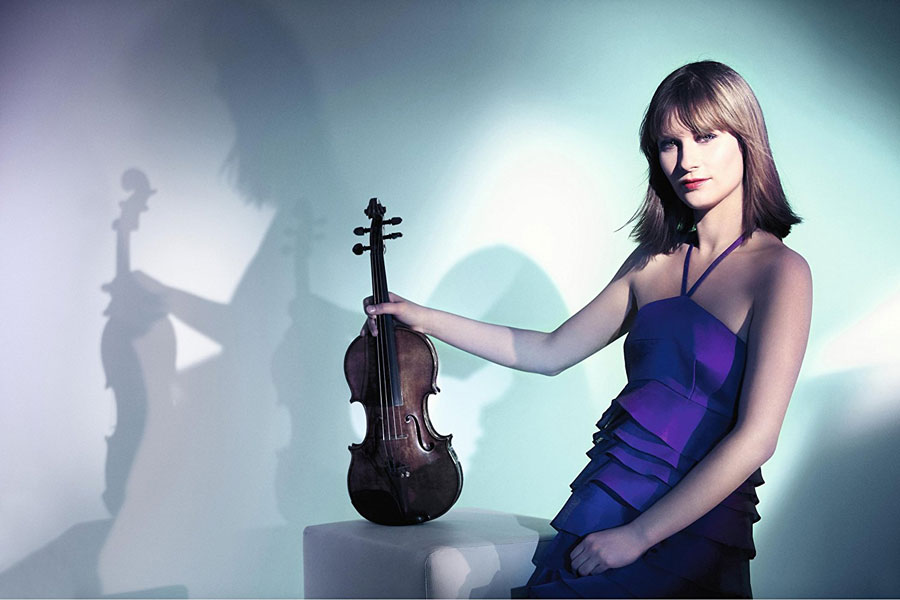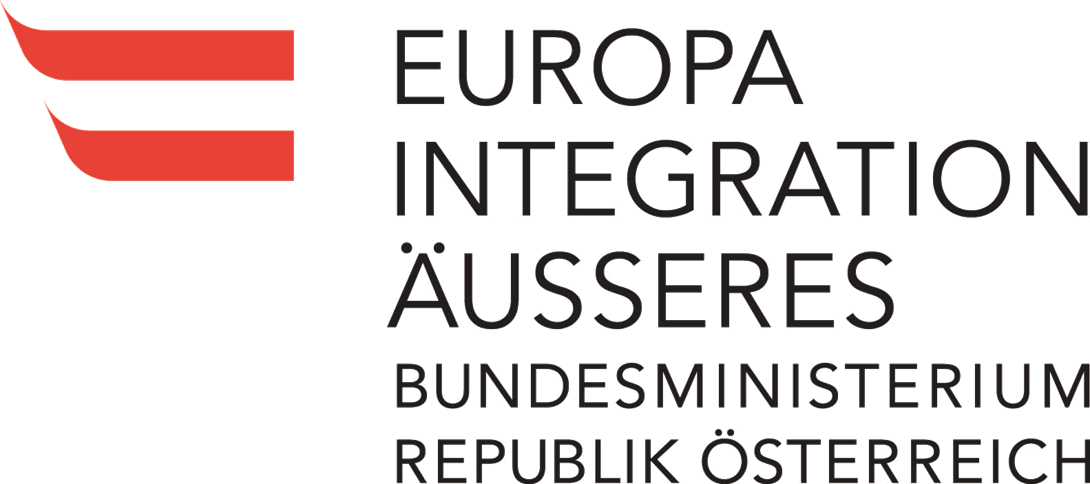The Gustav Mahler Jugendorchester (GMJO) was founded in Vienna in 1986, by Italian conductor, Claudio Abbado. The ensemble is regarded among the world’s leading youth orchestras and received an award from European Cultural Foundation in 2007. Maestro Abbado was ardent to encourage young Austrian musicians as well as young artists from the socialist republics of Czechoslovakia and Hungary. Consequently, the GMJO became the first international youth orchestra to hold open auditions in the countries of the former Eastern Bloc. In 1992, the GMJO opened auditions to all musicians under the age of 27 in Europe. Each year more than two thousand musicians from European countries apply, but only the best are selected through a strict audition procedure. When selected, the young artists gain the opportunity to work with important conductors and soloists, to appear in renowned concert halls, and at leading international festivals. Today the orchestra operates under the patronage of the Council of Europe.
Born in Lausanne, Lorenzo Viotti grew up in an Italian-French family of musicians. He studied piano, singing and percussion in Lyon and Vienna and attended orchestral conducting classes under Professor Georg Mark. In Vienna, he performed as a percussionist in various ensembles including the Wiener Philharmoniker. He continued his conducting classes under Nicolás Pasquet at the Franz Liszt-conservatory in Weimar. Viotti was the winner of the Nestlé and Salzburg Festival Young Conductors Award in 2015, winner of the 11th international Cadaqués International Conducting Competition, and laureate of the MDR Conducting Competition. Starting with the 2016 - 2017 season, he took over the position of Assistant Conductor of the Gustav Mahler Jugendorchester.
Lisa Batiashvili is a German based Georgian violinist who has developed long-standing relationships with some of the world’s leading orchestras. Lisa gained international recognition at the age of 16 as the youngest-ever competitor in the Sibelius Competition. She has been awarded two ECHO Klassik awards, the MIDEM Classical Award, the Choc de l'année, the Accademia Musicale Chigiana International Prize, the Schleswig-Holstein Music Festival's Leonard Bernstein Award and the Beethoven-Ring. She now resides in Munich. Ms Batiashvili performs on a Joseph Guarneri “del Gesu” from 1739, generously loaned by a private collector.
Witold Lutosławski began composing his First Symphony in 1941, but it took until 1947 for the composer to complete the entire work. Grzegorz Fitelberg conducted the first performance with the Polish Radio Orchestra in Katowice on April 6, 1948, and repeated the work in Krakow on June 15. With the outbreak of the infamous Warsaw Uprising, instigated on August 1, 1944, Lutosławski and his mother fled to Komorów, outside of the city. Luckily, Lutosławski took the manuscript of the First Symphony with him, as most of his pre-war works were destroyed in the fighting. After the war, as part of the Composers' Union, Lutoslawski expressed approval of the socialist-realist demands of the government by working for Polish Radio, composing jingles, patriotic songs, and radio dramas. His First Symphony, consequently became a celebrated case when he was criticized by the Soviet government for “formalism,” resulting in the work being banned in 1949. It was not heard again for ten years.
The First Symphony marks the end of Lutosławski’s early period, as it reveals clear traces of his fervour for the work of Stravinsky, Debussy, Ravel, Prokofiev, and Bartók. However, the score also glimpses his future practices, hinting at rich harmony, vivid and virtuoso orchestration, and a highly dramatized form. In an interview for the German monthly NZ, the composer described his relationship to the symphonic tradition, “ It is a question of form. I have thought all to about large-scale closed forms. I was not always happy with the… Brahmsian tradition. In Brahms there are two main movements, the first and the fourth. In my experience as a listener, that is too much. Too much substance within [a short span of] time. I believe that the ideal relationship is achieved in Haydn’s symphonies. And I thought that perhaps I could find some other way to achieve this balance. My solution is to view the first movement as preparation for the main movement. The first movement must engage, interest, it must – ‘intrigue’, as they say in English. But it must not give complete satisfaction. It must make us hungry and, finally, even impatient. That is the right moment to introduce the main movement. That is my solution, and I think it works rather well.”
Karol Szymanowski wrote his First Violin Concerto in 1916, in Zarudzie, Ukraine. It is dedicated to violinist and childhood friend, Paweł Kochański, who composed the cadenza. Its first performance took place on November 1, 1922, in Warsaw. The soloist was Józef Ozimiński, concertmaster of the Warsaw Philharmonic. The piece was inspired by a poem written by Tadeusz Micinski, of the Young Poland writers’ group, thus it’s five movements are played without pausing. The work is considered one of the first "modern" violin concertos, because the composer rejected the major-minor system and introduces an intense new language in its composition.
Undoubtedly the leading Polish composer between Chopin and Lutosławski, Szymanowski drew inspiration from a wide range of influences, which he later merged with his explorations of folk music from his native Poland. Together with writers and visual artists, Szymanowski was part of the Young Poland movement, which offended the conservative establishment. A 1907 commentary read the Young Poland composers were, “possessed by some evil spirit that deprived their work and stripped it of personal and national characteristics.” Szymanowski expressed his attitude toward “national characteristics” asserting, “Let our music be national in its Polish characteristics but not falter in striving to attain universality. Let it be national, but not provincial.”
All the birds pay tribute to me
for today I wed a goddess.
And now we stand by the lake in crimson blossom
in flowing tears of joy, with rapture and fear,
burning in amorous conflagration.
Tadeusz Micinski
Claude Debussy composed Images pour Orchestre, Gigues, Ibéria, and Rondes de Printemps, between 1905 and 1912. The Images are Debussy’s last concert-hall orchestral works. Debussy had planned them the same year he completed La Mer and the second set of piano Images. His original idea was to compose this new set, for two pianos, as portraits in sound set in three different countries. Eventually, Debussy decided to score the pieces not for two pianos but for large orchestra. It would be another eight years before all the Images were finished and performed together.
Debussy is known as one of the most notable Impressionist composers because the components of Impressionistic art apply directly to Debussy’s music. As the details of a Monet painting, with its array of colours and small fragments, make up a complete work, the same technique comes to life in Debussy’s compositions. The layers of complexity create the marvellous whole. Referring to Images, the composer said he was, “trying to achieve something different, an effect of reality.” He complained that “this effect of reality is what some imbeciles call ‘Impressionism,’ a term that is utterly misapplied, especially by the critics.” However, in a program note written by his friend Charles Malherbe, thus seemingly endorsed by Debussy, the piece is described as a real picture in which the composer endeavours to convey impressions received by the eye. Moreover, he asks his audience to visualize what the music expresses in sound.
Alixandra Porembski, English Language Annotator



